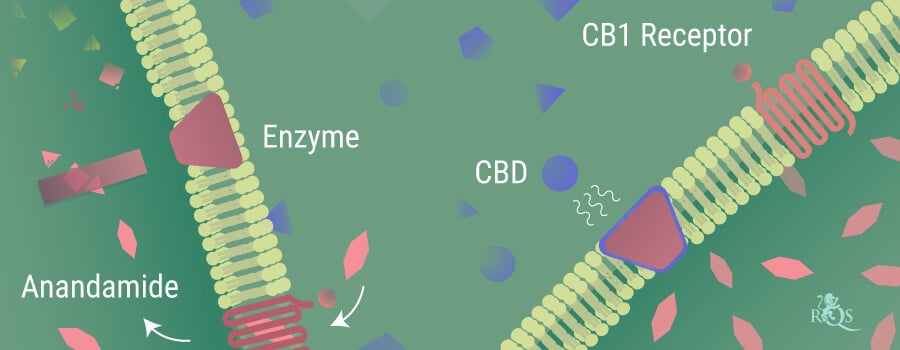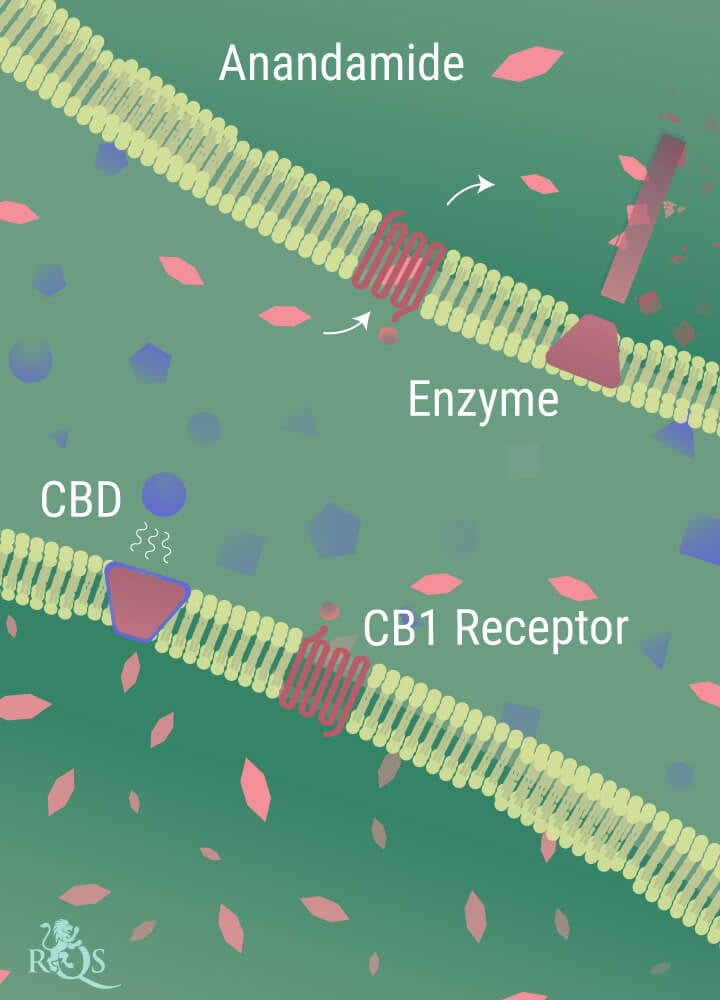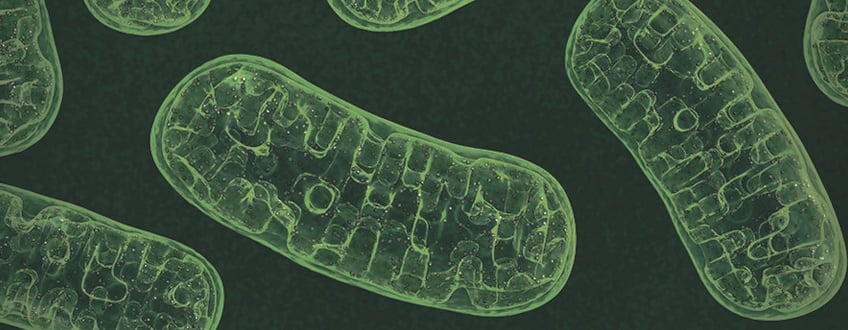.

Cannabis, Metabolism, and Weight Loss
New research is slowly transforming the way we look at the cannabis plant. A new trend is suggesting that cannabis can help with weight loss. But is this fact or fiction? We take a look at the research to give you the lowdown.
Understanding the connection between cannabis, CBD, and metabolism.
Contents:
- The endocannabinoid system and metabolism
- Marijuana and weight loss: what's the connection?
- Cbd and metabolism
- Does cbd help you lose weight?
- Does smoking weed promote weight loss?
- Why does cannabis make you hungry?
- Controversy of using cbd or marijuana for weight loss
- Cannabis, metabolism, and weight loss: the bottom line
As any dieter will tell you, losing weight is hard. It's also a very personal journey to take. For some, it amounts to limiting alcohol; for others, it's a symptom of modern-day tension.
Whether you work too much or have children, there’s never enough hours in the day. Then, for those of us who like to relax with a joint at the end of it, you inevitably wind up with the munchies.
Recently, the internet has been abuzz with reports that CBD oil is a promising alternative weight loss supplement. But how true are these claims, exactly? Is CBD good for weight loss?
Potentially, but not directly.
Let us explain.
The Endocannabinoid System and Metabolism
What the science all boils down to is our old friend, the endocannabinoid system. Named after the plant that led to its discovery, the ECS is what helps cannabinoids—such as CBD or THC—interact with our body.
Concerning the ECS and weight loss/metabolism, we know it's directly connected to energy storage and transporting nutrients. As a result, it helps regulate everything from mood and sleep to temperature and inflammation. One study even found the endocannabinoid system to stimulate areas of the body[1] involved in metabolism, such as the gastrointestinal tract and pancreas.
As far as the science goes, the endocannabinoid system is made up of metabolic enzymes that stimulate various parts of the body. It does this primarily via two endogenous compounds—anandamide and 2-AG (2-arachidonoylglycerol)[2]—that target CB1 and CB2 receptors in the body. Given that cannabinoids like THC and CBD interact with these receptors too, it stands to reason that cannabis might be able to aid metabolism and/or weight loss in some respect.
While research on the endocannabinoid system and metabolism is still mounting, we're learning more about it every year.


Marijuana and Weight Loss: What's the Connection?
Although we all reach for the nearest snack after a good high, marijuana use doesn't equate to obesity. In fact, in one study, scientists found that regular cannabis users are less likely to be obese. What it boils down to are two factors: terminology and individuality.
When it comes to weed, most use "cannabis" and "marijuana" interchangeably. However, they're not the same in this context. Cannabis is the name for the plant, while marijuana is the name for the psychoactive buds it produces—its crop, so to speak. And while cannabis is made up of hundreds of cannabinoid compounds, the main one in marijuana is THC.
But when it comes to weight loss, it all boils down to CBD.
CBD and Metabolism
All cannabinoids have different effects, but they tend to have similar or complementary interactions with the ECS. There are four main ways in which CBD may be able to affect or alter our metabolism.
Mitochondrial Function
If you remember only one thing from science class, it's got to be: mitochondria is the powerhouse of the cell. You might even say it's the spice of life.
Mitochondria convert sugars, fats, and proteins into the energy that sustains our bodies. Thus, mitochondrial imbalances can affect the way we burn energy, making it harder to lose weight. As a result, fixing those imbalances can greatly increase metabolic health and kick things back into gear.
CBD appears to regulate mitochondrial activity[3], whipping our ECS into shape, which then helps us achieve metabolic balance, or homeostasis. With that in mind, could CBD combined with diet and exercise possibly increase the rate at which we burn fat? Let's examine that a bit closer.
Fat Browning
Fat is a complicated macronutrient. We automatically think of it as a bad thing. Scientifically speaking, however, that isn't the case. On the contrary, there are actually two types of fat in our body: the good fat (brown), and the bad (white).
White fat is predominant: It's the fat we developed to keep us from starving when we were but cave-dwelling creatures. White fat stores and supplies our body with energy, cushioning our organs for extreme scenarios we won't face in our lifetimes. As a result, white fat can really mess with the metabolism. Brown fat, on the other hand, generates heat and burns calories.
A study published in Molecular and Cellular Biochemistry administered CBD to white fat cells, looking for any signs of conversation[4] into brown fat cells. Overall, human trials are needed to see how cannabidiol impacts body fat composition.

Insulin Regulation
In order to keep the body safe, the liver removes toxins and converts excess sugars into insulin. These sugars come from basically everything we put into our bodies, be it fruit or beer. From there, it's passed on to the pancreas, which sends it to the cells.
Irregular insulin levels can overload the liver and pancreas, throwing the body out of whack. Furthermore, too much insulin in the bloodstream means we can't burn fat. Consequently, you're going to have a much harder time dropping the pounds.
Ongoing animal studies continue to administer CBD to mice in hopes of finding signs of anti-diabetic effects[5].
Appetite Suppression
Marijuana (led by THC) is an appetite stimulant. As a result, some doctors prescribe medical marijuana to chemotherapy patients whose appetites have been affected. Of course, anyone who's gotten the munchies will probably cosign that in a heartbeat.
While it's true that THC makes you hungry, this is not the case with CBD. Believed to be more of an appetite suppressant, isolated CBD will not have you shoving sweets into your face. Instead, as a 2012 study on rats shows, it is more likely to reduce food intake[6].
Does CBD Help You Lose Weight?
CBD is not a one-size-fits-all weight loss solution. In fact, some people might actually gain weight when using it. With research still being so new, it's going to take some time until we know more about CBD's effects on our metabolism.
For now, the best way to see if it works for you, individually, is to pay attention to how—or if—your appetite changes while using high-CBD strains or oils.
Does Smoking Weed Promote Weight Loss?
No. It's very rare that smoking weed will help you lose weight.
However, experts believe it can help with some of the underlying factors related to obesity, such as promoting healthy sleep and lowering tension.
Why Does Cannabis Make You Hungry?
That familiar craving you get when you're high comes down to THC; the same compound that gets you high. Although research is still in its infancy, one study published in Nature Neuroscience[7] gets us a bit closer to figuring out why.
THC increases the pleasure we get from certain things; therefore, if there’s chocolate in the fridge, it'll taste even better when you’re high than it does normally. One way to fix this “issue” is to have healthier alternatives at hand for when the munchies hit. Let’s face it, you'll gain less weight with carrot sticks than you would a slice of cake.

Controversy of Using CBD or Marijuana for Weight Loss
While there are potential benefits to using CBD for weight loss, there are plenty of controversies to even the playing field.
The biggest issue is that there haven't been any studies into using CBD to lose weight directly, at least not in humans. Although animal studies exist, we won't have real answers until we know its effects on us. For now, everything is just conjecture.
In a study in the American Journal of Medicine, researchers found that marijuana use offered a 17% reduction in fasting insulin[8]. That being said, a different study in Translational Psychiatry found that increased ECS activity[9] may lead to insulin resistance and obesity.
Similarly, in the case of a study that indicated lower rates of obesity in cannabis smokers, its authors go on to say weed shouldn’t be relied upon[10] as a dietary aid. Their study simply didn't indicate a clear relationship between marijuana and weight loss.
Cannabis, Metabolism, and Weight Loss: The Bottom Line
The bottom line is, there's no evidence that smoking weed can help you lose weight. Moreover, adding CBD into a weight loss plan without exercising or maintaining a healthy diet likely won't do much either.
On the other hand, adding CBD to a healthy exercise and eating plan could be an excellent complement, thanks to its versatility and overall support of the ECS. At the very least, there is nothing to indicate that taking CBD will make you gain weight.
- The endocannabinoid system and energy metabolism - PubMed https://www.ncbi.nlm.nih.gov
- An introduction to the endogenous cannabinoid system https://www.ncbi.nlm.nih.gov
- Cannabidiol Targets Mitochondria to Regulate Intracellular Ca2+ Levels https://www.ncbi.nlm.nih.gov
- Cannabidiol promotes browning in 3T3-L1 adipocytes - PubMed https://www.ncbi.nlm.nih.gov
- Cannabidiol lowers incidence of diabetes in non-obese diabetic mice - PubMed https://pubmed.ncbi.nlm.nih.gov
- Cannabinol and cannabidiol exert opposing effects on rat feeding patterns - PubMed https://pubmed.ncbi.nlm.nih.gov
- The endocannabinoid system controls food intake via olfactory processes | Nature Neuroscience http://dx.doi.org
- DEFINE_ME https://www.amjmed.com
- Effects of oral, smoked, and vaporized cannabis on endocrine pathways related to appetite and metabolism: a randomized, double-blind, placebo-controlled, human laboratory study | Translational Psychiatry https://rdcu.be
- Marijuana users weigh less, defying the munchies | MSUToday | Michigan State University https://msutoday.msu.edu







































